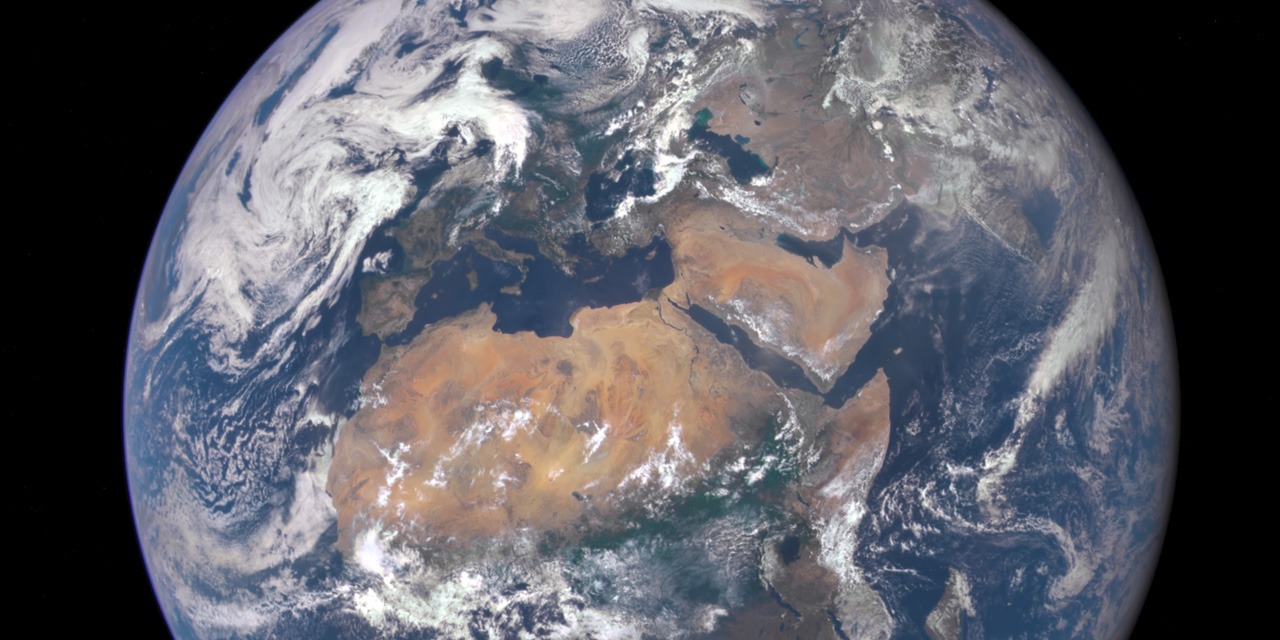According to scientists who relied on atomic clocks, the Earth spun faster than in previous years in 2020, on the order of a few milliseconds.
In particular, the tides, the force of the winds or the erosion of the mountains.
And the movement is expected to continue for years to come.
With the Covid crisis, many were eager to turn the page on 2020. And it seems Earth itself has done everything to make it happen.
We know that our planet makes a revolution on itself in 24 hours, and a revolution of the Sun in 365 days.
This is not strictly correct.
In 2020, scientists are sure, the Earth has turned on itself faster than usual: it has accelerated its rotation.
We are certainly not talking about several minutes here, but only a few milliseconds.
>> Find Europe Matin in replay and podcast here
It was atomic clocks that allowed scientists to record this.
2020 saw 28 days which are the "fastest" ever recorded since 1930. Why these variations?
Because of the tides which deform the oceans and the Earth, also because of the speed of the winds, or of the erosion of the mountains.
In 2016, the Earth had spun less quickly
If the Earth spins faster, for our daily life, it does not change much.
But for satellites or telecommunications networks that rely on precise timing, this could pose problems.
And besides, in recent years it was the opposite: the Earth was spinning less quickly.
In 2016, clocks all over the world had stopped for a second to allow the Earth's rotation to catch up.

